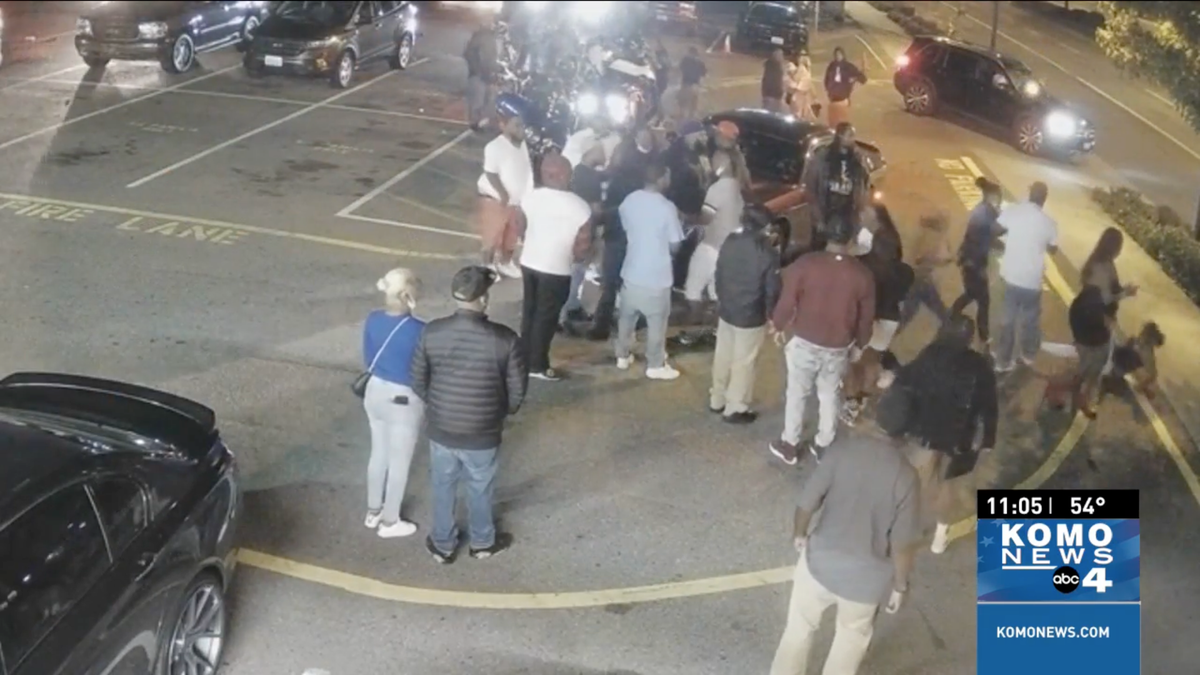A judge in Washington state has blocked video evidence that’s been “AI-enhanced” from being submitted in a triple murder trial. And that’s a good thing, given the fact that too many people seem to think applying an AI filter can give them access to secret visual data.



I don’t think AI codecs will be anything revolutionary. There are plenty of lossless codecs already, but if you want more detail, you’ll need a better physical sensor, and I doubt there’s anything that can be done to go around that (that actually represents what exists, not an hallucination).
It’s an interesting thought experiment, but we don’t actually see what really exists, our brains essentially are AI vision, filling in things we don’t actually perceive. Examples are movement while we’re blinking, objects and colors in our peripheral vision, the state of objects when our eyes dart around, etc.
The difference is we can’t go back frame by frame and analyze these “hallucinations” since they’re not recorded. I think AI enhanced video will actually bring us closer to what humans see even if some of the data doesn’t “exist”, but the article is correct that it should never be used as evidence.